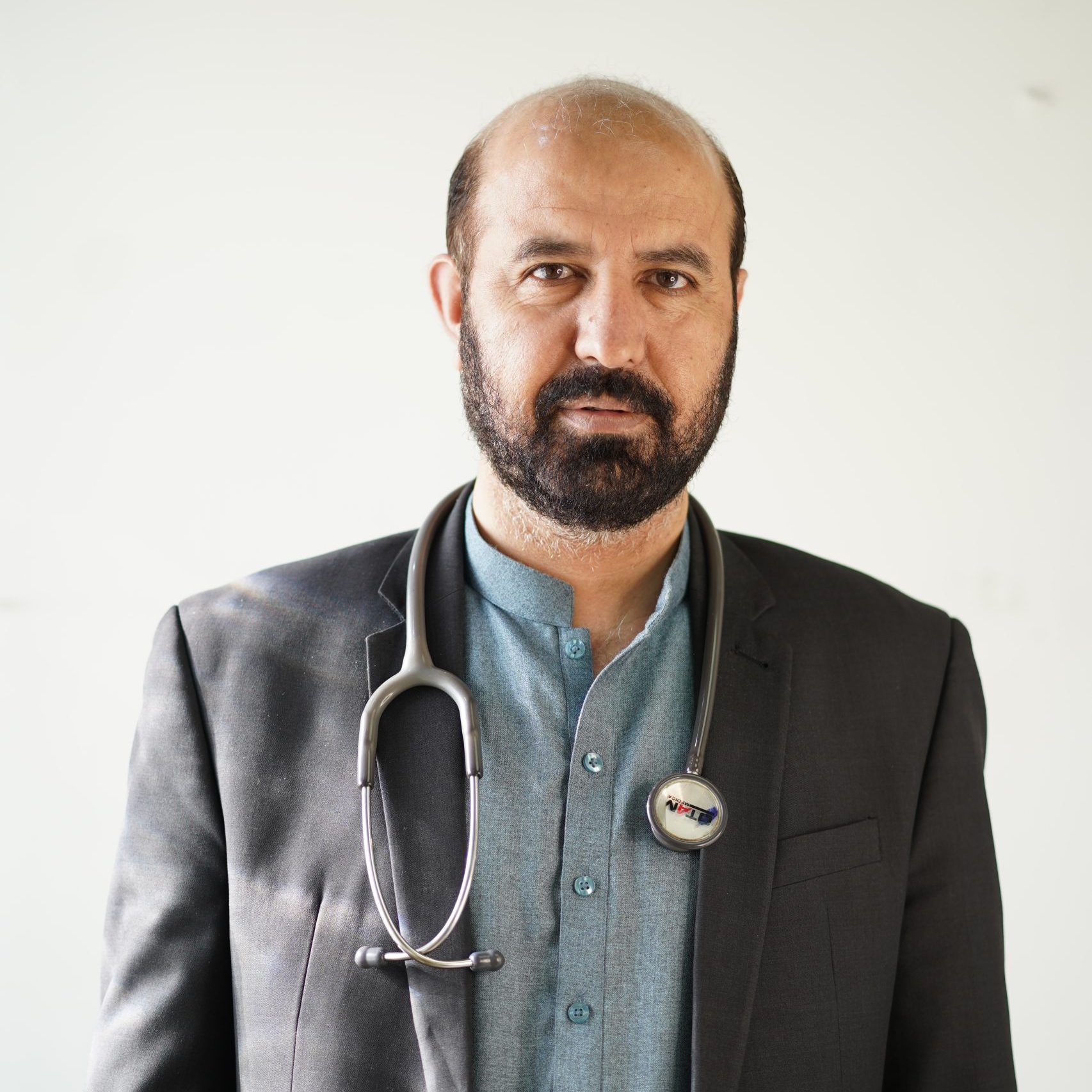The Endocrinology Department at our hospital specializes in the diagnosis and management of hormonal disorders, such as diabetes, thyroid disorders, and hormonal imbalances. Our multidisciplinary team of endocrinologists, nurses, dietitians, and educators provides personalized care tailored to each patient's unique needs. From comprehensive screenings to advanced treatment options, we are committed to promoting hormone health and enhancing the quality of life for our patients.
Services:
Our endocrinology services provide specialized care for hormonal disorders, including;
- Diabetes
- Thyroid conditions
- Adrenal disorders
We offer comprehensive diagnostic evaluations, personalized treatment plans, and ongoing management to optimize hormonal balance and improve patient well-being. Our team of endocrinologists utilizes the latest evidence-based practices and therapies to address a wide range of endocrine issues, ensuring the highest quality of care for our patients.
Our Doctors
Dr. Urooj Lal Rehman
Consultant EndocrinologyDr. Sarwar Malik
Consultant EndocrinologyFAQs
Who is an endocrinologist?
You should consider seeing an endocrinologist if you experience symptoms related to hormone imbalances or disorders, such as unexplained weight changes, fatigue, changes in mood or libido, irregular menstrual cycles, excessive thirst or urination, or if you have been diagnosed with conditions such as diabetes, thyroid disorders, or adrenal issues.
What conditions do endocrinologists treat?
Endocrinologists diagnose and treat a wide range of conditions, including diabetes (Type 1 and Type 2), thyroid disorders (hypothyroidism, hyperthyroidism), adrenal disorders (Cushing's syndrome, Addison's disease), pituitary disorders, reproductive hormone disorders (PCOS, infertility), metabolic bone diseases (osteoporosis), and more.
What happens during a visit to an endocrinologist?
During your visit, the endocrinologist will review your medical history, perform a physical examination, and may order diagnostic tests such as blood tests, imaging studies, or specialized hormone tests to assess your hormone levels and gland function. Based on the findings, they will discuss treatment options and develop a management plan tailored to your needs.
Can hormone imbalances be treated?
Yes, many hormone imbalances and disorders can be effectively treated or managed with medications, hormone replacement therapy, lifestyle modifications (such as diet and exercise), and in some cases, surgical interventions. Treatment aims to restore hormone balance, alleviate symptoms, and prevent complications associated with hormonal imbalances.
Is diabetes curable?
While there is currently no cure for diabetes, Type 1 diabetes requires lifelong insulin therapy, while Type 2 diabetes can often be managed with lifestyle changes, oral medications, or insulin therapy. Effective management of diabetes can help control blood sugar levels and reduce the risk of complications.
How can I prevent hormone-related conditions?
While some hormone-related conditions may have genetic or environmental factors that are beyond control, adopting a healthy lifestyle can help prevent or reduce the risk of certain conditions. This includes maintaining a balanced diet, regular exercise, managing stress, avoiding tobacco and excessive alcohol consumption, and getting regular check-ups to monitor hormone levels and overall health.
These FAQs provide general information about endocrinology and common questions related to hormone health and disorders. If you have specific concerns or symptoms, it’s important to consult with a qualified endocrinologist for personalized evaluation and treatment.




